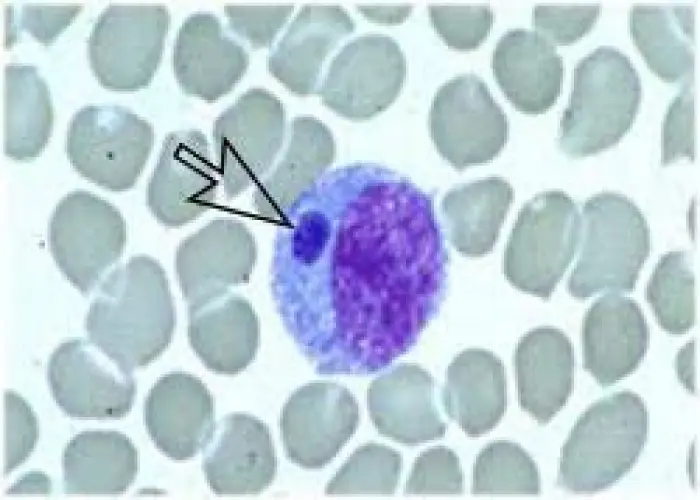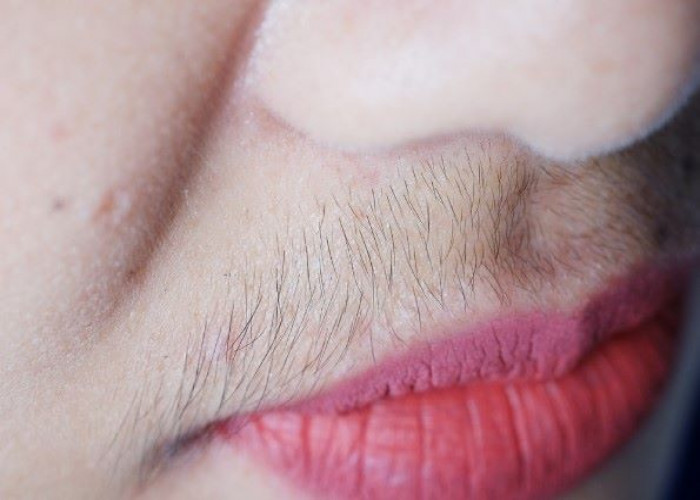 Welcome
Welcome
“May all be happy, may all be healed, may all be at peace and may no one ever suffer."
Hirsutism

Hirsutism is a condition characterized by excessive hair growth in women in areas where hair is normally absent or minimal, such as the face, chest, abdomen, and back. This hair growth is typically coarse and dark and can be caused by an excess of androgens (male hormones) in the body.
Hirsutism can be caused by a variety of underlying conditions, including polycystic ovary syndrome (PCOS), Cushing's syndrome, congenital adrenal hyperplasia, and certain medications. In some cases, no underlying cause can be identified.
Treatment for hirsutism may depend on the underlying cause and may include medication to reduce androgen levels or inhibit hair growth, as well as hair removal methods such as shaving, waxing, or laser hair removal.
In addition to medical treatment, lifestyle changes such as maintaining a healthy weight, exercising regularly, and reducing stress may help to manage symptoms of hirsutism.
If you are experiencing excessive hair growth or other symptoms of hirsutism, it is important to see a healthcare provider to determine the underlying cause and appropriate treatment options.
Research Papers
Disease Signs and Symptoms
- Voice deepening
- Acne (Pimple)
- Decreased breast size
Disease Causes
Hirsutism
Hirsutism may be caused by:
- Polycystic ovary syndrome (PCOS). This condition, which often begins with puberty, causes an imbalance of sex hormones. Over years, PCOS may slowly result in excess hair growth, irregular periods, obesity, infertility and sometimes multiple cysts on the ovaries.
- Cushing syndrome. This occurs when your body is exposed to high levels of the hormone cortisol. It can develop from your adrenal glands making too much cortisol or from taking medications such as prednisone over a long period.
- Congenital adrenal hyperplasia. This inherited condition is characterized by abnormal production of steroid hormones, including cortisol and androgen, by your adrenal glands.
- Tumors. Rarely, an androgen-secreting tumor in the ovaries or adrenal glands can cause hirsutism.
- Medications. Some medications can cause hirsutism. These include minoxidil (Minoxidil, Rogaine); danazol, which is used to treat women with endometriosis; testosterone (Androgel, Testim); and dehydroepiandrosterone (DHEA). If your partner uses topical products containing androgens, you can be affected as well, through skin-to-skin contact.
Often hirsutism occurs with no identifiable cause.
Disease Prevents
Hirsutism
Hirsutism generally isn't preventable. But losing weight if you're overweight might help reduce hirsutism, particularly if you have polycystic ovary syndrome.
Disease Treatments
Treatment of hirsutism with no sign of endocrine disorder is not necessary. For women who do need or seek treatment, it may involve treating any underlying disorder, developing a self-care routine for unwanted hair, and trying various therapies and medications.
Medications
If cosmetic or self-care methods of hair removal haven't worked for you, talk with your doctor about drugs that treat hirsutism. With these medications it usually takes up to six months, the average life cycle of a hair follicle, before you see a significant difference in hair growth. Options include:
- Oral contraceptives. Birth control pills or other hormonal contraceptives, which contain estrogen and progestin, treat hirsutism caused by androgen production. Oral contraceptives are a common treatment for hirsutism in women who don't want to become pregnant. Possible side effects include nausea and headache.
- Anti-androgens. These types of drugs block androgens from attaching to their receptors in your body. They're sometimes prescribed after six months on oral contraceptives if the oral contraceptives aren't effective enough.
- The most commonly used anti-androgen for treating hirsutism is spironolactone (Aldactone, CaroSpir). The results are modest and take at least six months to be noticeable. Possible side effects include menstrual irregularity. Because these drugs can cause birth defects, it's important to use contraception while taking them.
- Topical cream. Eflornithine (Vaniqa) is a prescription cream specifically for excessive facial hair in women. It's applied directly to the affected area of your face twice a day. It helps slow new hair growth but doesn't get rid of existing hair. It can be used with laser therapy to enhance the response.
Procedures
Hair removal methods whose results may last longer than self-care methods — and which may be combined with medical therapy — include:
- Laser therapy. A beam of highly concentrated light (laser) is passed over your skin to damage hair follicles and prevent hair from growing (photoepilation). You might need multiple treatments. For people whose unwanted hair is black, brown or auburn, photoepilation is usually a better option than electrolysis.
- Talk with your doctor about the risks and benefits of the various lasers used for this hair removal method. People with tanned or darkly pigmented skin are at increased risk of side effects from certain lasers, including a darkening or lightening of their usual skin tones, blistering, and inflammation.
- Electrolysis. This treatment involves inserting a tiny needle into each hair follicle. The needle emits a pulse of electric current to damage and eventually destroy the follicle. You might need multiple treatments. For people with naturally blond or white hair, electrolysis is a better option than laser therapy.
- Electrolysis is effective but can be painful. A numbing cream spread on your skin before treatment might reduce discomfort.
Disease Diagnoses
Disease Allopathic Generics
Disease Ayurvedic Generics
Disease Homeopathic Generics
Disease yoga
Hirsutism and Learn More about Diseases

Ehrlichiosis and anaplasmosis

Typhoid fever

Carcinoid syndrome

Uterine fibroids

Incompetent cervix

Ebstein anomaly

Membranous nephropathy

Malaria Fever
hirsutismm, হিরসুটিজম
To be happy, beautiful, healthy, wealthy, hale and long-lived stay with DM3S.
